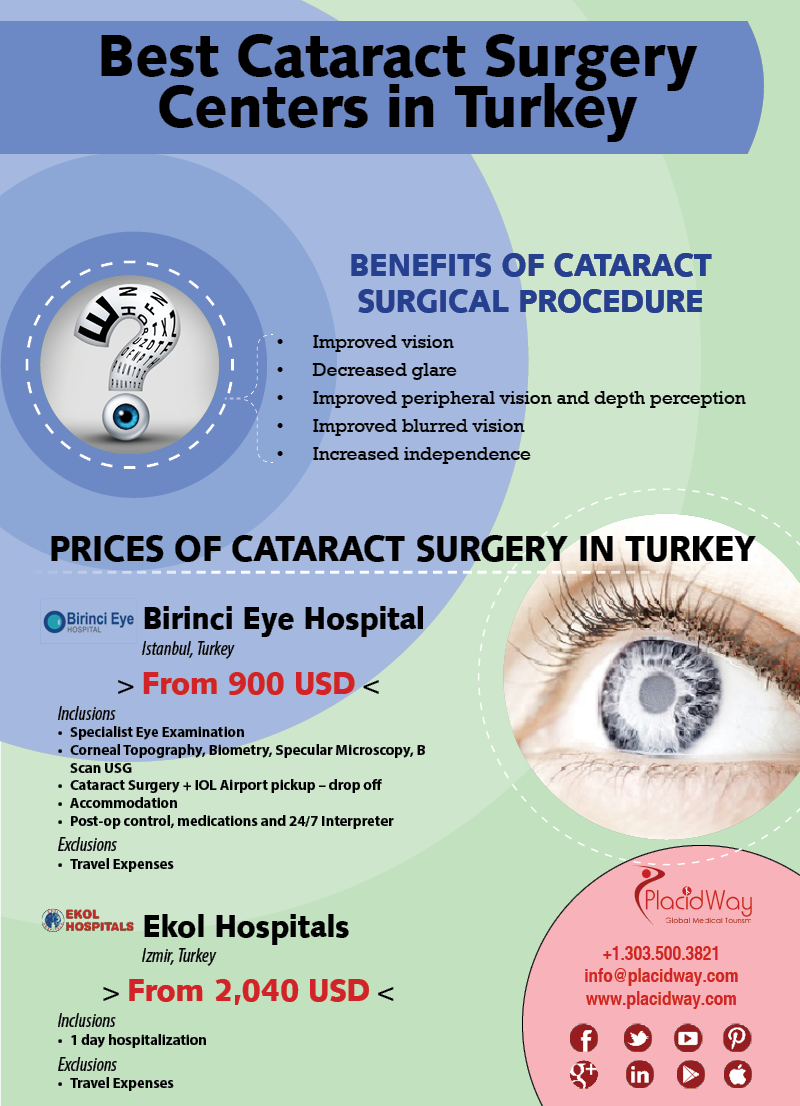The Complete Frequently Asked Question On Refractive Lens Exchange: All The Information You Call For
The Complete Frequently Asked Question On Refractive Lens Exchange: All The Information You Call For
Blog Article
Content Author-Lundqvist Bondesen
If you're considering refractive lens exchange, you most likely have a lot of inquiries. This procedure can change exactly how you see the globe, offering advantages like reduced reliance on glasses. However, it's vital to comprehend the process, dangers, and that certifies as a good prospect. Allow's discover these critical elements so you can make an educated choice about whether RLE is right for you.
What Is Refractive Lens Exchange and Exactly How Does It Function?
Refractive lens exchange (RLE) is a surgical procedure made to change your eye's all-natural lens with an artificial one, correcting vision concerns like nearsightedness, farsightedness, or presbyopia.
During the procedure, your doctor makes a small incision in the eye, eliminates your natural lens, and inserts an intraocular lens (IOL) customized to your vision needs. This outpatient surgery generally takes around 15 to 30 minutes per eye and is executed under regional anesthetic.
You'll likely discover enhancements in your vision almost immediately, though total healing might take a few weeks. RLE is especially helpful for those over 40 or with high prescriptions, supplying a durable remedy contrasted to glasses or get in touch with lenses.
Your eye treatment specialist can help figure out if RLE is right for you.
What Are the Benefits and Dangers of Refractive Lens Exchange?
Choosing refractive lens exchange can bring about significant improvements in your vision, but it is very important to consider both the benefits and threats before choosing.
On the plus side, this procedure can boost your sight by fixing issues like presbyopia, myopia, and hyperopia. Many people enjoy decreased dependancy on glasses or get in touch with lenses, which can substantially improve their lifestyle.
Nevertheless, it's critical to think about possible dangers. Complications can include infection, glare, or halos around lights.
There's likewise an opportunity of overcorrection or undercorrection, which may require added procedures.
Who Is a Perfect Candidate for Refractive Lens Exchange?
If you're considering refractive lens exchange, it is necessary to know whether you fit the account of a perfect prospect. Usually, you might be a good candidate if you more than 40, experience presbyopia, or have high levels of nearsightedness or farsightedness.
It's likewise crucial that your vision is secure, implying your prescription hasn't altered substantially in the past year. If https://www.medicalnewstoday.com/articles/326346 have cataracts or other eye problems, you might take advantage of this procedure also.
Nonetheless, specific factors, like unchecked diabetes mellitus or autoimmune conditions, could invalidate you. To determine your candidacy, consult with an eye treatment professional that can review your specific situation and recommend the most effective strategy tailored to your demands.
Verdict
In conclusion, refractive lens exchange can be a transformative option for enhancing your vision, specifically if you more than 40 or have a high prescription. While simply click the next site are significant, it's vital to weigh the dangers and seek advice from your eye treatment professional to figure out if you're an optimal candidate. With the appropriate information and assistance, you can make an educated choice and potentially take pleasure in a life with minimized dependancy on glasses.
